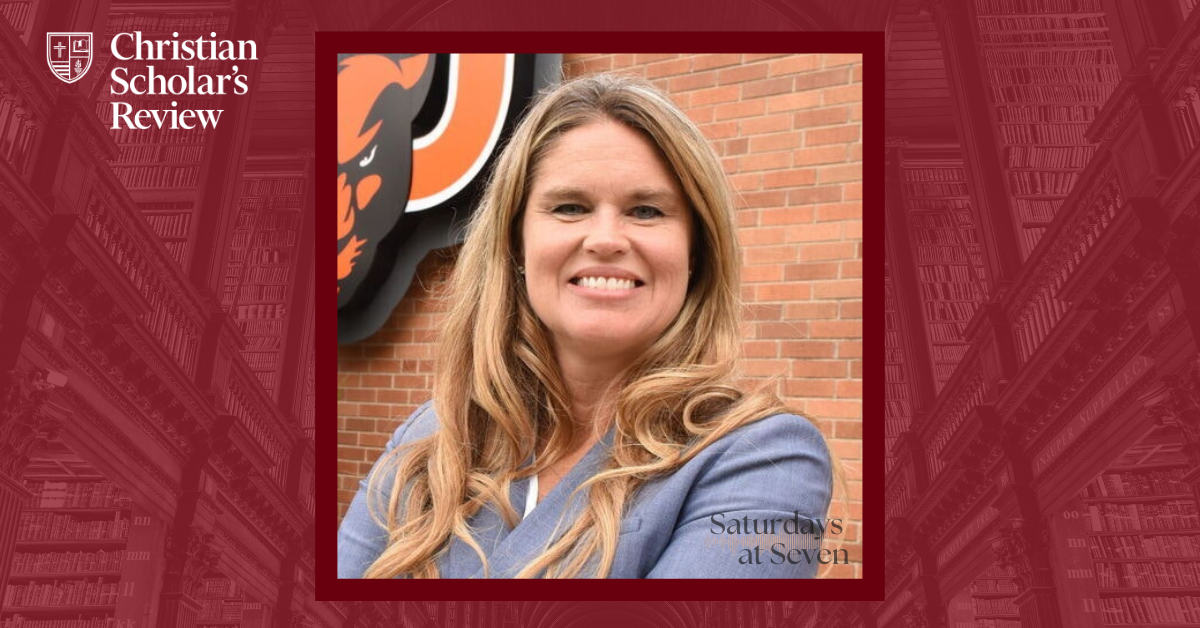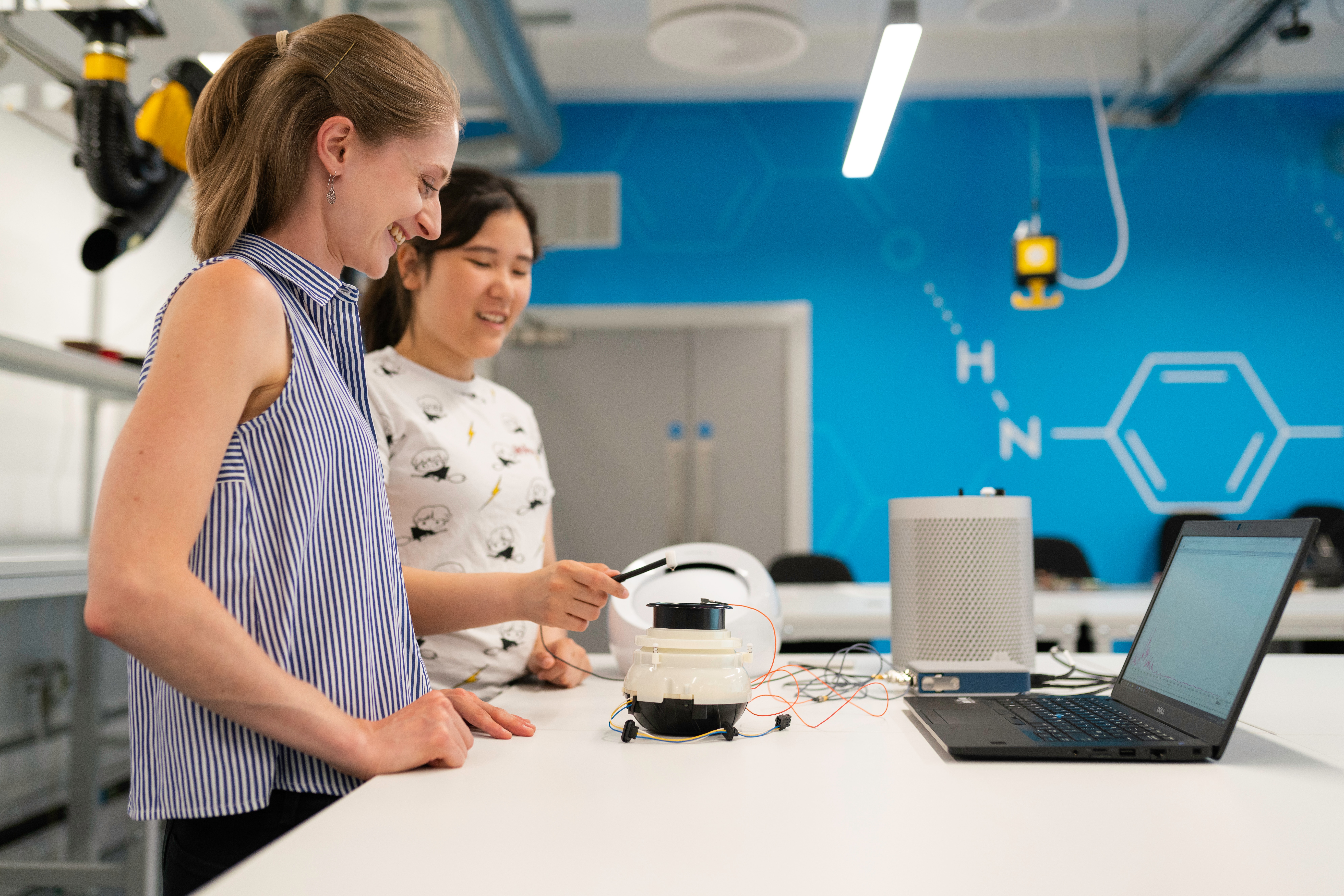
“Predictable Transparency” ft. Creighton University’s Mardell A. Wilson I Saturdays at Seven Ep. 39 Post
In the thirty-ninth episode of the “Saturdays at Seven” conversation series, Todd Ream talks with Mardell A. Wilson, Provost at Creighton University. Wilson begins by detailing the charisms that define the Jesuit order and how those charisms informed the long-standing investment the Jesuits made in higher education in the United States. Wilson then explores how those charisms translate into a full understanding of truth as expressed in the curriculum as well as a full understanding of what it means to be human as expressed in whole person education. Ream and Wilson discuss Wilson’s upbringing on a farm in central Illinois and how the approach to work exemplified by her parents impacted her approach to work as a college administrator. They then discuss how Wilson’s own search for meaning in education led her to embrace service as a dean at St. Louis University and then as the provost at Creighton University. Ream and Wilson then close out their conversation by discussing the importance of healthy communication and the impact such communication has on the ability of students and faculty to thrive. While faculty, in particular, often come to campus with a firm foundation for success in their respective fields, what they also need—especially in those early years—are clear, consistent visions of the academic vocation that weave together teaching, service, and research in light of an institution’s mission.




















